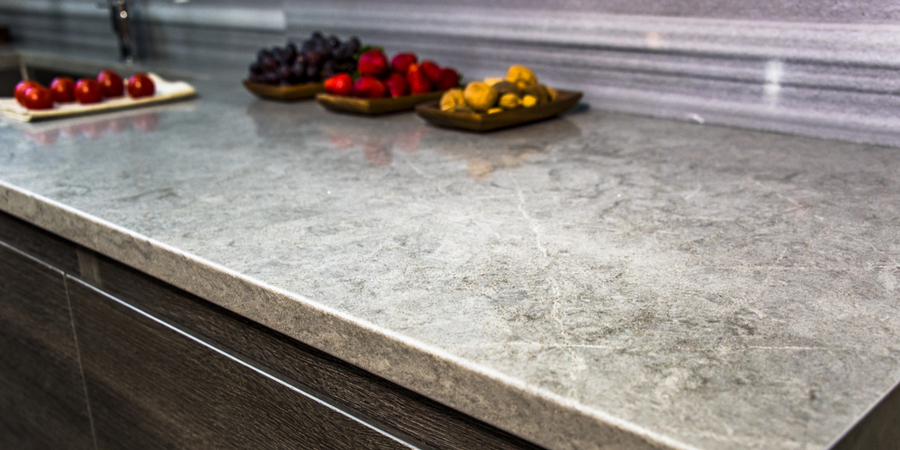The kitchen is often regarded as the heart of the home, but it is also one of the areas that are used most often, and it undergoes the most wear and tear among all the parts of a residence. The constant introduction of different fluids from water to oil, the rise and fall of temperatures, and the regular use of tools like knives mean that this room gets a lot of abuse.
All of this can eventually take a toll on the kitchen itself, but this room is more important now than ever. With the COVID-19 pandemic forcing more people to spend more time at home, meals prepared in the kitchen are a more frequent occurrence, so kitchen countertops are getting more attention than usual.
How Counters Wear Down
The counter serves as the work surface in a kitchen, and over years of use, it slowly starts deteriorating. As a food preparation area, it is exposed to water and even mild acids in various forms, such as citric acid in fruits and lactic acid in chili peppers.
They are also physically worn down because they are used for many methods of food preparation. Hot objects such as pots, pans, and baking trays placed on counters can also contribute to the gradual erosion and scarring of the surface. Even cleaning with harsh scouring pads can reduce the polish and shine of a counter.
Resurfacing As An Alternative
In some situations, the damage to a counter may be severe enough that a practical solution is to get a new one. But in many cases, resurfacing is a lower cost alternative that solves the same problem. Resurfacing differs from getting new counters in that it doesn’t involve tearing away the existing counter before installing its replacement.
Instead, as its name implies, resurfacing entails taking the existing counter and “rejuvenating” it by applying a new surface and finish over the existing one. With modern primers and other substances, a new surface can literally be painted onto the existing one, refreshing the counter and making it look like new.
Is Your Counter Suitable?
What makes a counter good for resurfacing? Much of this has to do with how you feel about your current counter configuration. For example, if you’re happy with both the size and the placement of the existing kitchen counters and don’t feel the need to reconstruct, then resurfacing is probably a better choice for you.
In the same way, if your counters are structurally sound and only have nicks, scratches, dents, and a few other small surface defects but are otherwise not structurally compromised, resurfacing is a good choice. A surface can lose some of its luster while still in good overall physical condition, and resurfacing is a cost-effective way to boost its appearance.
If you’re interested in having your kitchen counters resurfaced, we can help. Contact CDH Resurfacing Solutions so we can look at your counters and find the right resurfacing options for you.


 Facebook
Facebook
 Google
Google